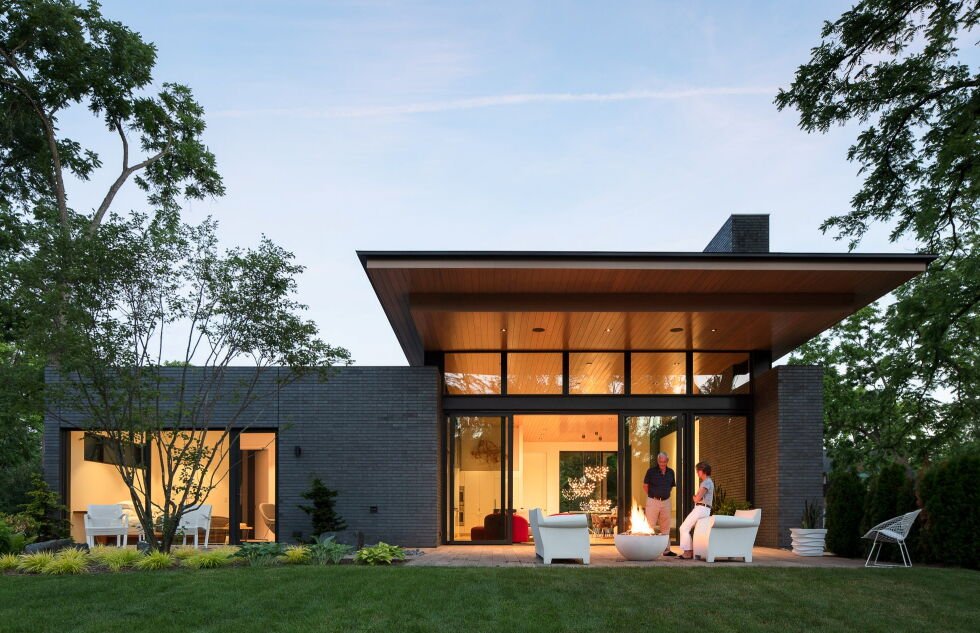Introduction: The Journey to Homeownership
Buying your first home is more than just a transaction; it’s a significant milestone that opens the door to new experiences, stability, and personal growth. Many first-time buyers find the process daunting, filled with complex decisions and unfamiliar terminology. However, with the right preparation and guidance, this journey can transform from overwhelming to incredibly rewarding. Understanding your financial options, preferences, and the local housing market is crucial to making an informed decision.
Define Your Vision: Identifying Needs and Wants
Before diving into the market, take the time to outline what you truly desire in a home. This includes size, style, location, and lifestyle considerations. Are you looking for a quaint cottage in a suburban neighborhood, a modern apartment downtown, or perhaps a spacious family home in the countryside? Consider how your needs might change over the years, such as career moves, family growth, or even retirement plans. Documenting your ‘wish list’ can help clarify your priorities and guide your search.
Establishing Your Financial Framework
Understanding your financial situation is critical to your home-buying journey. Start by assessing your current income, expenses, and savings. Utilize online calculators to estimate how much mortgage you can afford based on your financial profile. Remember to factor in additional costs such as property taxes, insurance, and maintenance. Consulting with a financial planner or mortgage broker can provide valuable insights and help you navigate different mortgage options, ensuring you choose one that aligns with your long-term financial goals.
Getting Pre-Approved: A Strategic Move
Once you’ve established a budget, the next logical step is to get pre-approved for a mortgage. This not only helps you understand your borrowing capacity but also strengthens your position when making an offer. Sellers often prefer buyers who have pre-approval because it shows they are serious and capable of securing financing. Having a pre-approval letter in hand can also speed up the buying process, allowing you to make faster and more competitive offers on properties.
House Hunting: Beyond Aesthetic Appeal
While it’s easy to get swept up in the visual appeal of a home, it’s essential to look beyond the surface. Pay attention to factors such as location, structural integrity, and potential for future renovations. Engaging a qualified real estate agent can provide expert insights into the market and help identify properties that fit your requirements. Additionally, consider visiting homes at different times of the day to gauge noise levels, neighborhood activity, and overall ambiance.
Inspection and Negotiation: Protecting Your Investment
Once you’ve found a home that meets your criteria, the next step is to conduct a thorough home inspection. This is a crucial step that uncovers any potential issues that may affect the value or safety of the property. Based on the inspection results, you may need to negotiate repairs or concessions with the seller. It’s vital to remain within your budget and avoid overextending yourself financially during this stage. Remember, this is your opportunity to ensure that you are making a sound investment.
Closing the Deal: Moving In and Making Memories
As you approach closing, it’s important to keep all your documentation organized and maintain communication with your lender and real estate agent. Closing day is a culmination of your efforts and once the paperwork is complete, you’ll receive the keys to your new home. This moment signifies not just the end of a journey but the beginning of a new chapter in your life. Take the time to envision how you’d like to transform your new space into a home that reflects your personality and meets your needs.

FAQ
What should I consider when determining my budget for a first home?
Your budget should account for your current income, monthly expenses, savings, and additional costs like property taxes, insurance, and maintenance. It’s advisable to consult with a financial planner for tailored advice.
What is the difference between pre-qualification and pre-approval?
Pre-qualification is an initial assessment of your ability to borrow based on self-reported financial information, while pre-approval involves a thorough credit check and verification of your financial credentials, providing a more precise borrowing amount.
Why is a home inspection necessary?
A home inspection is essential to uncover any potential issues with the property that could lead to costly repairs in the future. It helps you make informed decisions during negotiations.
How can I enhance my chances of getting my offer accepted?
Aside from having pre-approval, consider making your offer more attractive by being flexible with closing dates, not including too many contingencies, or even offering a higher earnest money deposit.
What are some common pitfalls to avoid as a first-time homebuyer?
Common pitfalls include overlooking additional costs, rushing the buying process, neglecting to conduct due diligence on properties, and not seeking professional guidance from agents or financial advisors.












